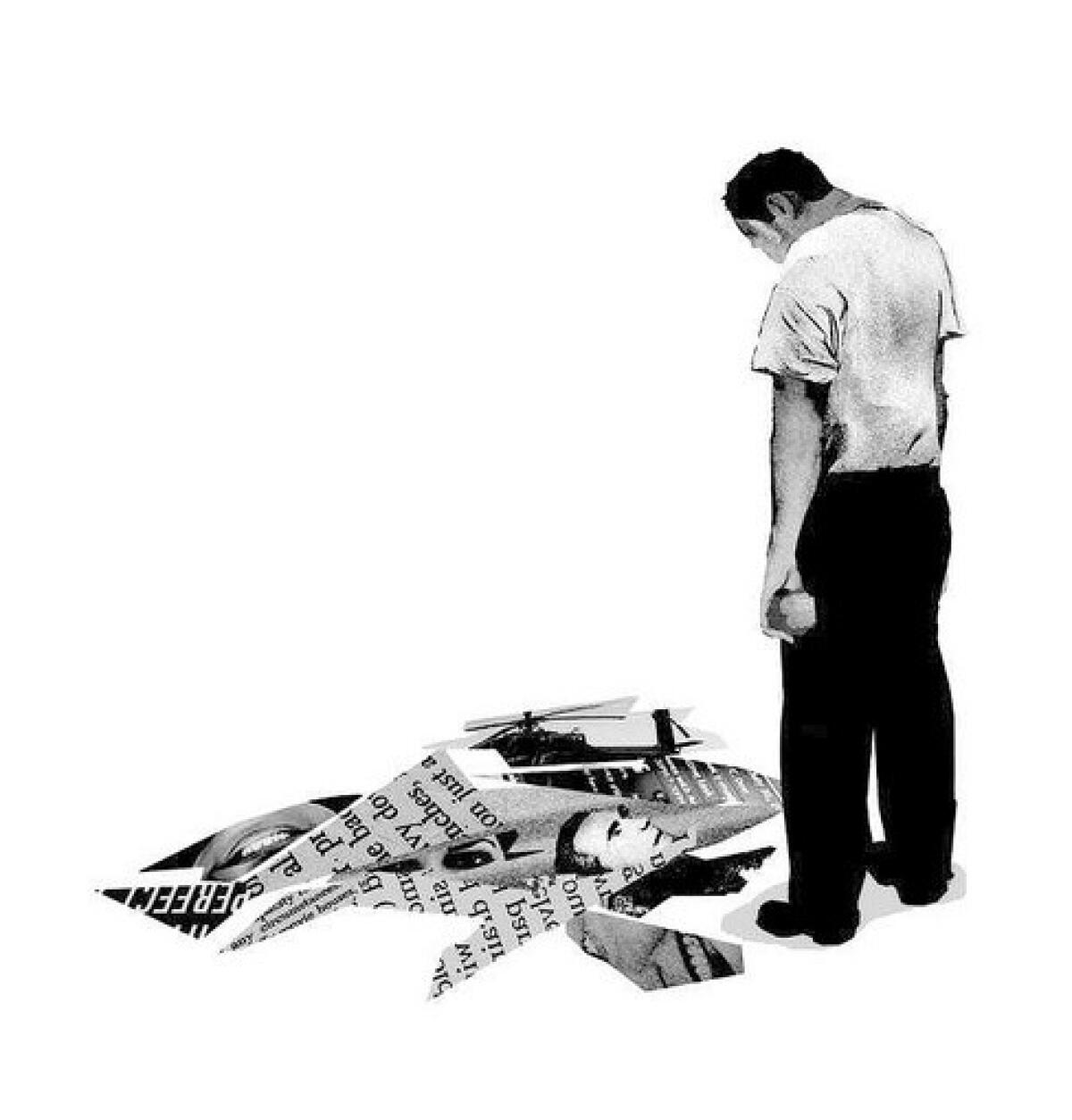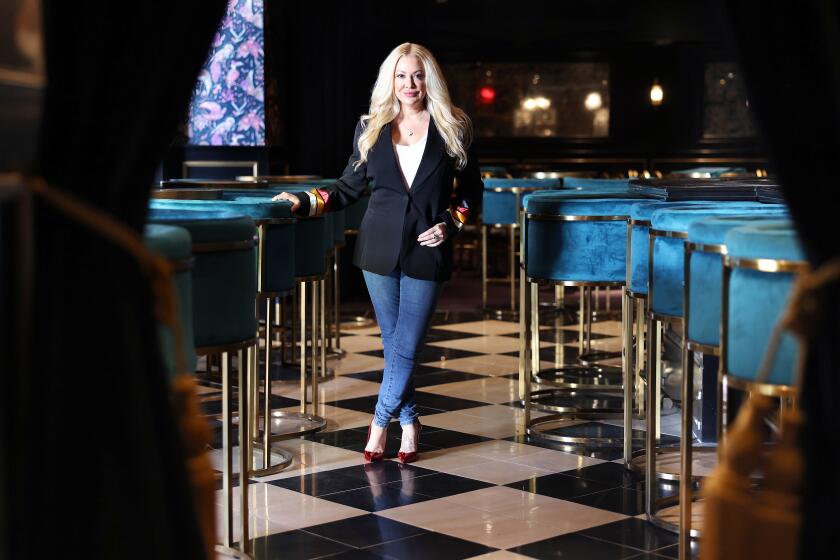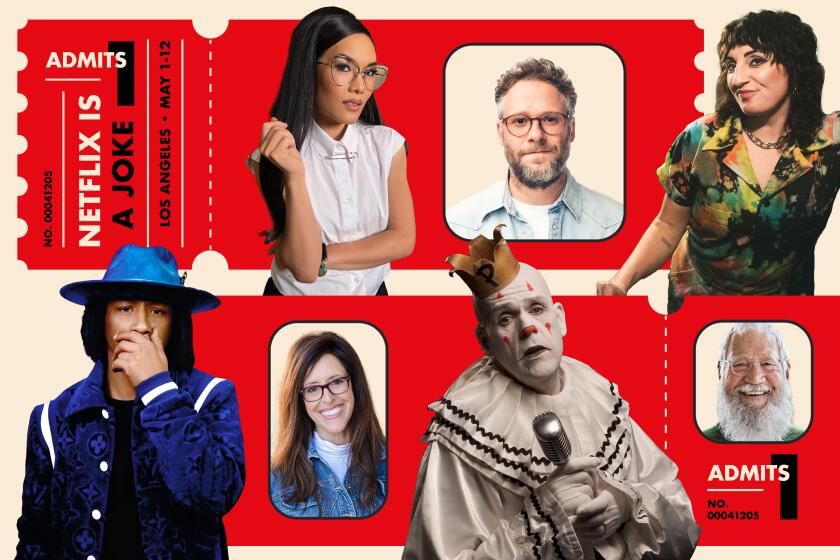‘Reality Hunger’ by David Shields

Reality Hunger
A Manifesto
David Shields
Alfred A. Knopf: 240 pp., $24.95
On the one hand: Who does this guy think he is?
On the other: It’s about time someone said something this honest in print.
On the other: Oh, wait, we get only two.
“Reality Hunger” is a manifesto, a closed fist. A manifesto says enough is enough, it’s time to change things. A manifesto is fueled by varying degrees of anger. David Shields believes that literature has come to a critical point. Old forms are no longer relevant. Readers are abandoning print media because they are outdated: “What counts are the ways in which these common copies of a creative work can be linked, manipulated, tagged, highlighted, bookmarked, translated, enlivened by other media, and sewn together in the universal media. The only way for books to retain their waning authority in our culture is to wire texts into this library.”
Shields, to his credit, is not just whining. He is hopeful: “An artistic movement, albeit an organic and as-yet unstated one, is forming. What are its key components? A deliberate unartiness: ‘raw’ material, seemingly unprocessed, unfiltered, uncensored, and unprofessional.” He is not the first to write a media manifesto, and he won’t be the last. Artists have forever struggled against all kinds of bonds -- social, cultural, psychological. It’s what they do. Unless. Unless they’ve been sedated. Unless they abandon their critical role as witness and write and paint and play what marketeers tell them to.
Shields thinks people are hungry for reality, not spin. Nothing phony, rehearsed, rehashed or told. “Plots are for dead people,” he writes. And: “[T]he novel is dead. Long live the antinovel, built from scraps.” Fiction, with its emphasis on plot and narrative, has failed its readers. There’s an artificial gap, he writes, between fiction and autobiography, and an artificial tidiness: “Story seems to say that everything happens for a reason, and I want to say, No, it doesn’t.” Art isn’t made, he writes, it’s found. It exists all around us. “Every sound we make is a bit of autobiography,” he writes. Own up to it.
Journalism has also failed its readers. The same stories echo through the mainstream media, derivative and increasingly meaningless. Memoir is not quite dead but is tragically misunderstood. Readers expect fact where there is none. It is, in Shields’ eyes, “a genre in need of an informed readership. It’s a misunderstanding to read a memoir as though the writer owes the reader the same record of literal accuracy that is owed in newspaper reporting.”
Books, “bound between inert covers,” are losing their authority; the only way for them to regain it is to enter the great collage, the great library of media and experience. “Language is a city to the building of which every human being has brought a stone,” Shields writes, “yet each of us is no more to be credited with the grand result than the acaleph that adds a cell to the coral reef that is the basis of the continent.”
What’s left standing? Essays: “The lyric essay is the literary form that gives the writer the best opportunity for rigorous investigation, because its theatre is the world (the mind contemplating the world) and offers no consoling dream-world, no exit door.”
As you might guess, Shields is sick of genre, calling it “a minimum security prison.” Once you slap a label on a piece of art, he writes, it loses a lot of life. “An awful lot of fiction is immensely autobiographical, and a lot of nonfiction is highly imagined.”
Shields tells us that collage is the only artistic process that can save the arts, can save literature. He sees that the “American writer has his hands full, trying to understand and then describe and then make credible much of the American reality. It stupefies, it sickens, it infuriates, and finally it is even a kind of embarrassment to one’s own meager imagination. The actuality is continually outdoing our talents, and the culture tosses up figures almost daily that are the envy of any novelist.”
His book is a collage. Chapters proceed by letters of the alphabet, thoughts come in bites that he has culled from previous writing. Shields is not even trying very hard to convince us of his opinions. They just are. But because he is an artist, a writer, he is a kind of conduit. His ear is to the ground, and what he hears is hunger. As for his own work, Shields is up front about its autobiographical nature. He seems, again to his credit, to live by the principles he espouses: “You keep excavating yourself.” No more masks, he writes. “No more masters, no more masterpieces. What I want (instead of God the novelist) is self-portrait in a convex mirror.” You got it. Mask off. Oops, there’s another one beneath it. Here is Shields’ hunger -- the face of an angry, hungry child. “I’m drawn,” he writes, “to the confessional mode because I like the way the temperature in the room goes up when I say, ‘I did this’ (even if I really didn’t).”
This, and I say this as a reader grateful for this beautiful (yes, raw and gorgeous) book, is the voice of a child (or an adolescent). Genre has failed us; narrative has failed us; literature fell to pieces when it was wrested (and it had to be) from the clutches of elites. We live in a loud, phony, unsubtle culture in venal times. We have been failed. We will write a manifesto that says we will do something different.
Good. But writing is not all autobiography. Not everything can be seen in a convex mirror. There is an important striving for something beyond the self that is the task of a mature organism. An organism that wants to evolve into something better, less venal, less hungry, less waaa waaa waaa. Sometimes writing (novels, nonfiction, even journalism) transcends the self. This is different from sedation. Form is a way to get there, beyond the self, that’s all. It’s a tool, not an end in itself. Phony, hollow, empty prose will be, always has been, weeded out over time. What remain on the shelves are the books we continue to live alongside, because they continue to talk to us.
Salter Reynolds is a writer living in Los Angeles.
More to Read
The biggest entertainment stories
Get our big stories about Hollywood, film, television, music, arts, culture and more right in your inbox as soon as they publish.
You may occasionally receive promotional content from the Los Angeles Times.






